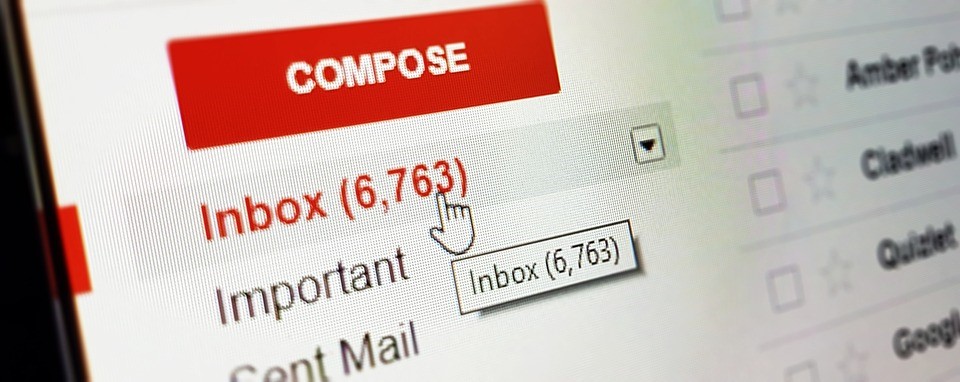Large internet service providers, particularly google, amazon, facebook and apple (gafa), often find themselves under the critical gaze of an attentive public. News and information provider Bloomberg has once again gone hard on Google, and this time it’s the latter’s hugely popular free Gmail service. gmail has often been the target of criticism in the past. Other major email service providers have also come under fire after deciding to change their business models.

What’s Happened, and Why Are Some Gmail Users (And Media Outlets) so Outraged?
basically, google has set a storage limit of 15gb on their free gmail service. So anyone who wants to store more emails in their gmail account now has no choice but to cough up. and if you reach the limit without having opted into one of the paid subscriptions, you may simply be “cut off” and no longer be able to receive emails.
the cloud is not a dump
cloud-based online services like gmail (or dropbox, google docs, etc.) are not meant to be garbage dumps. but because they’re so convenient, it’s really tempting to store just about everything (emails, photos, etc.) in there. most of these services are very mature, easy to use, cost little or nothing, and are typically compatible with most contemporary end devices (computers, smartphones, tablets, etc.). Today, with most of us owning multiple devices and enjoying the benefits of mobile internet, many of these services have become almost indispensable.
an email server is not meant to permanently store your emails
In the case of cloud-based services, the argument that “an email server is not designed to store emails” may sound a bit strange, but it is essentially correct. storage is never infinite, even if the sheer amount of space available even in free email services might suggest otherwise (try exhausting the 15gb available in gmail with emails alone – it’s really not that easy).
a possible solution: start archiving your emails
At least for private users, it’s about…if you need to store email, archive it! and if you’re sure you don’t need the email anymore, delete it. Of course, the issue is a bit more complicated and restrictive for companies. Depending on the country and industry, there may be various laws and regulations that a company must comply with.
but aside from the fact that criticism directed at glasses is often fueled by google & co. and the real or perceived dependency of users, it is never a good idea to become dependent on a single service provider. archiving (preferably from outside the email service) is a great way to regain control of your emails, and our free and proven home mail storage solution has been available to private users for many years. could provide a good opportunity to tidy up your email collection! Using MailStore Home will certainly ensure that your Gmail account doesn’t overflow and jeopardize your 15GB storage limit. Do you have accounts with other email providers? if so, you can also archive them in the mail store. here you will find links to detailed online documentation and our user community.
start taking responsibility for your data
In addition to the fact that none of the cloud services mentioned above constitute a conventional concept of data backup, each user must remember that, despite the great convenience, he or she is only responsible for deciding what data to store. should store and where. It is rarely the case that a service provider takes responsibility for the security of user data:
- did you delete an email by mistake?
- corrupt file?
- sync error?
all these scenarios are the responsibility of the user. usually services like gmail just make sure that the infrastructure is secure, i.e. google is responsible for ensuring, for example, that emails stored in gmail are not lost if a server in one of the data centers fails. google data. By the way, things aren’t much different in the enterprise arena either (consider Microsoft’s shared responsibility model for Office 365).
Our advice to you the next time a gmail scandal starts: stay calm and consider things you can change yourself. The old saying “things are never as bad as they seem” still holds true today.
